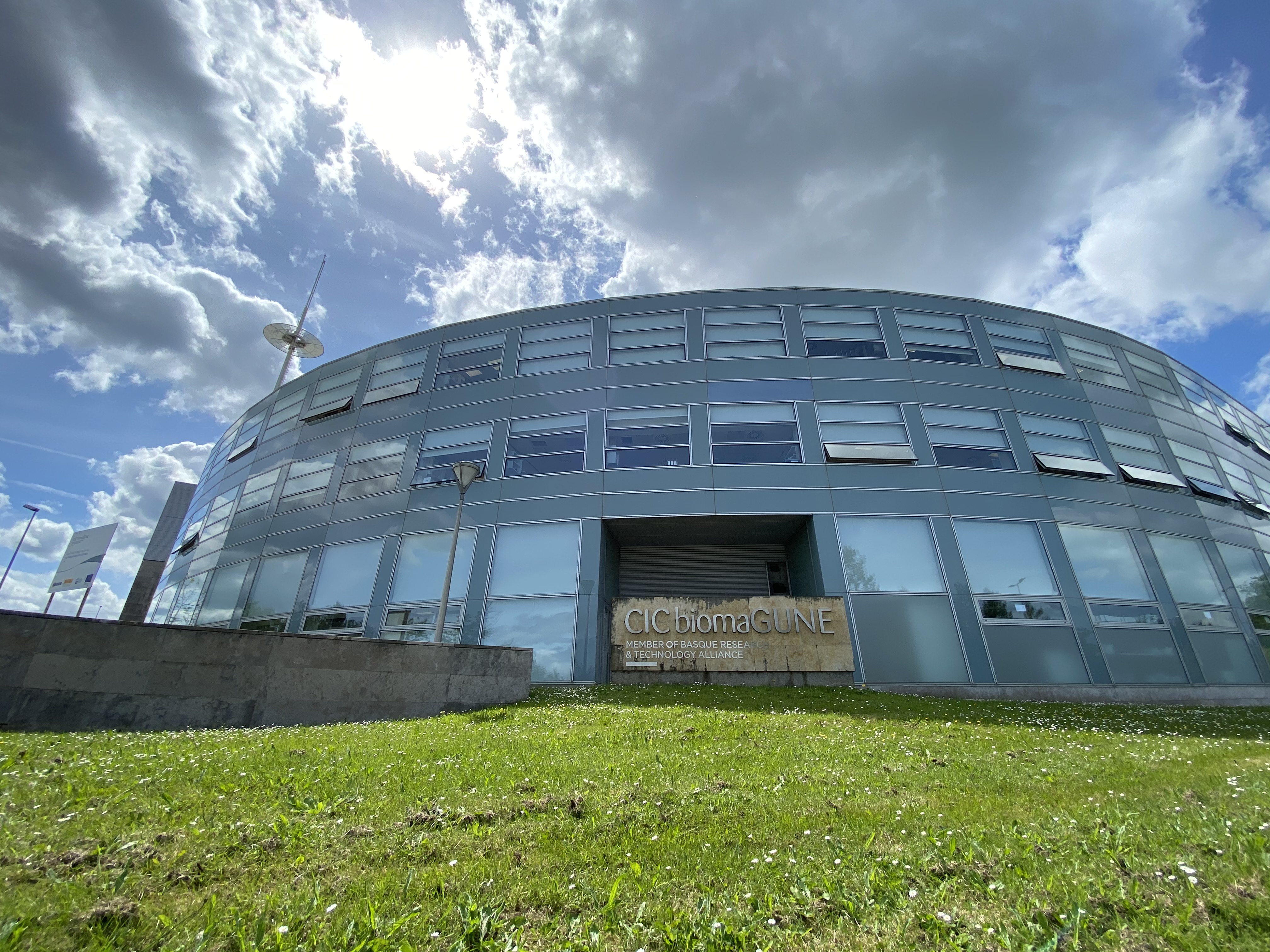Today and tomorrow, CIC biomaGUNE will be hosting the IV meeting of the International Scientific Advisory Board-ISAB, an external, independent body responsible for periodically analysing and assessing the scientific and technological work carried out by the centre. During their stay, the board members will assess the scientific activities of CIC biomaGUNE's twelve research groups over the past three years, analysing the progress made during this period and offering advice regarding which strategic areas to focus on in the future.
The board comprises seven leading international researchers working in fields related to the areas on which the centre itself focuses. Board members are: Aránzazu del Campo, Director of the Leibniz Institute for New Materials, in Saarbrücken (Germany) and Professor of Materials Synthesis at Saarland University; Peter Morris, researcher at the Sir Peter Mansfield Magnetic Resonance Centre at the University of Nottingham (UK); Mónica Olvera de la Cruz, Director of the Centre for Computation and Theory of Soft Materials and Professor of Materials Science and Engineering and Chemistry at Northwestern University (USA); Itamar Willner, Professor at the Institute of Chemistry, at the Hebrew University of Jerusalem (Israel); Peter Seeberger, Director of the Max Planck Institute of Colloids and Interfaces (Germany); Samuel I. Stupp, Professor of Biomedical Engineering at Northwestern University and Director of the Simpson Querrey Institute (USA); and Patrick Couvreur, Professor of Pharmacy at Paris-Saclay University and holder of the Chair in Technological Innovation at the Collège de France.
'All board members are leading researchers in their respective fields and are fully committed to fostering the work we carry out at our centre, always providing valuable insight and a critical perspective, and very generously making time for us in the incredibly busy schedules of their own research institutions,' states the Scientific Director of CIC biomaGUNE, Luis M. Liz Marzán. 'It is a pleasure for us to welcome them to biomaGUNE in order to show them what we have achieved over the past three years, partly due to their previous recommendations.’
For two days, Ikerbasque Professor Luis M. Liz Marzán (Scientific Director of CIC biomaGUNE), Ikerbasque Professor Aitziber L. Cortajarena (Scientific Vice-Director) and Dr. Jose María Mato (General Director) will accompany the board as they assess the research work being carried out in the centre's laboratories, which are dynamic, international spaces engaged in high-end research at the interface between chemistry, physics and biology, with special emphasis on the study of the properties of nanostructures and biomaterials and their applications in medicine. The lead researchers in each group will present the areas on which they are currently working in their laboratories, which are among the best in the world in their respective scientific fields.
Three years of awards and international renown
Both Luis M. Liz Marzán and Aitziber L. Cortajarena point out that the recent pandemic that has characterised the past two years has proven no impediment to the continued success of the research centre. By way of illustration, they highlight a number of different achievements, including the fact that the centre has been officially designated a 'María de Maeztu' Unit of Excellence, one of the most prestigious recognitions of scientific excellence in Spain. They also state that 'the science produced by our researchers remains of the highest quality, and has a major impact. Between 2018 and June 2021, a total of 579 papers were published (with over 7,000 citations per year), 10 patent applications were submitted, 2 patents were granted and 6 were licensed for exploitation. Moreover, 100 research agreements were signed with external companies and partners,' they add.
The volume of R&D activity carried out at the centre is also reflected in the number of industrial contracts and grants awarded: 140 new projects with a total worth of €28.9 million. Moreover, CIC biomaGUNE has overcome stiff competition to access several EU grants (FET-OPEN, Graphene Flagship, MCSA, among others) and has received funding from the US National Health Institute, two new ERC-Advanced Grants, an ERC-Consolidator Grant and an ERC-Proof of Concept, to go with the three ERC grants conferred during previous years. The research centre also received €5.9 million in private funding.
'The international recognition gained by our researchers for their academic excellence is also reflected in several prestigious awards and accolades, including the National Research Award, the Lilly Biomedical Research Award, the Horizon Prize conferred by the Materials Chemistry Division at the RSC, honorary doctorates and the recognition of three group leaders as Highly Cited Researchers, among others. Many of our researchers have also been invited to speak at international conferences,' they add.

